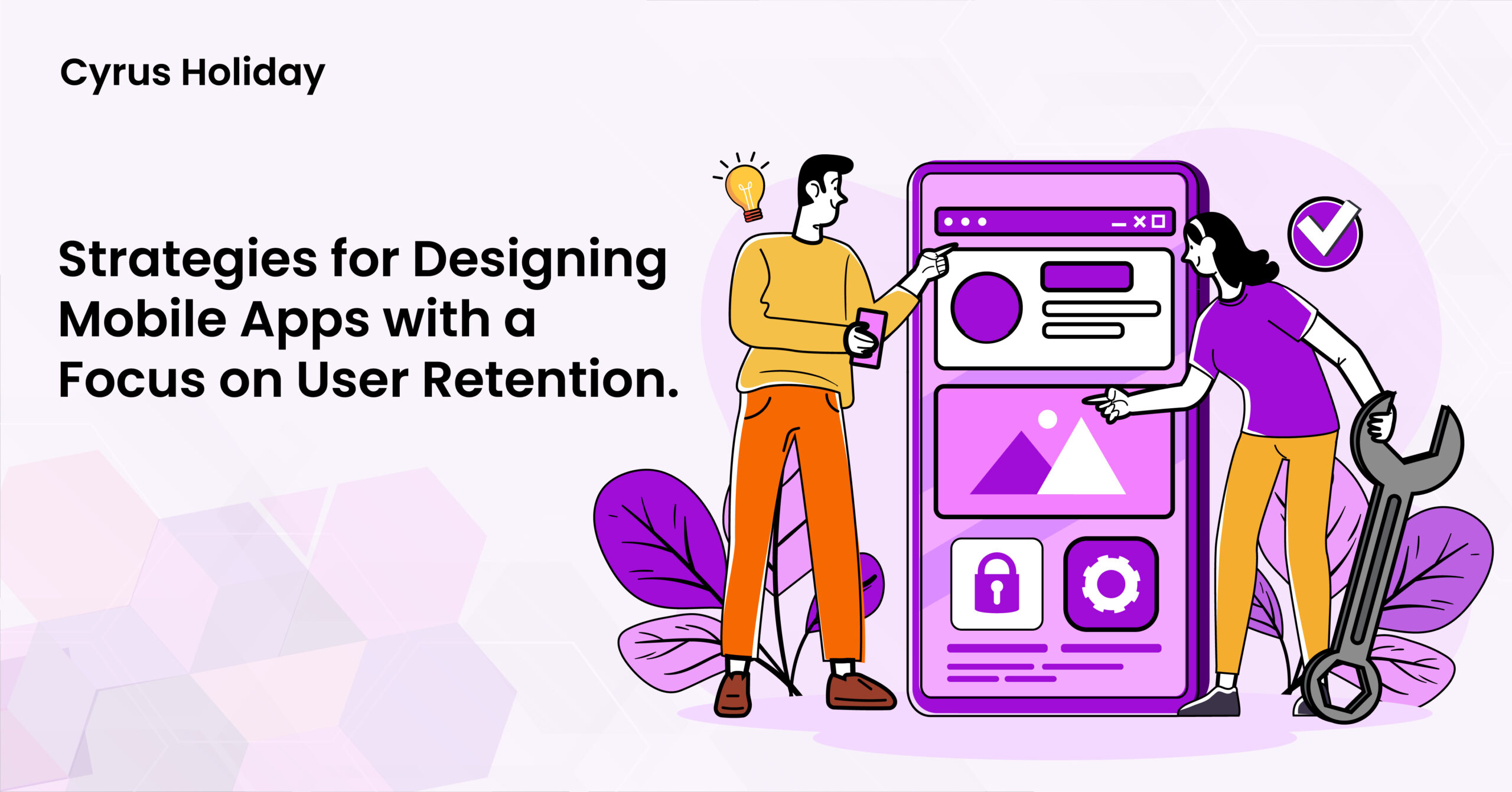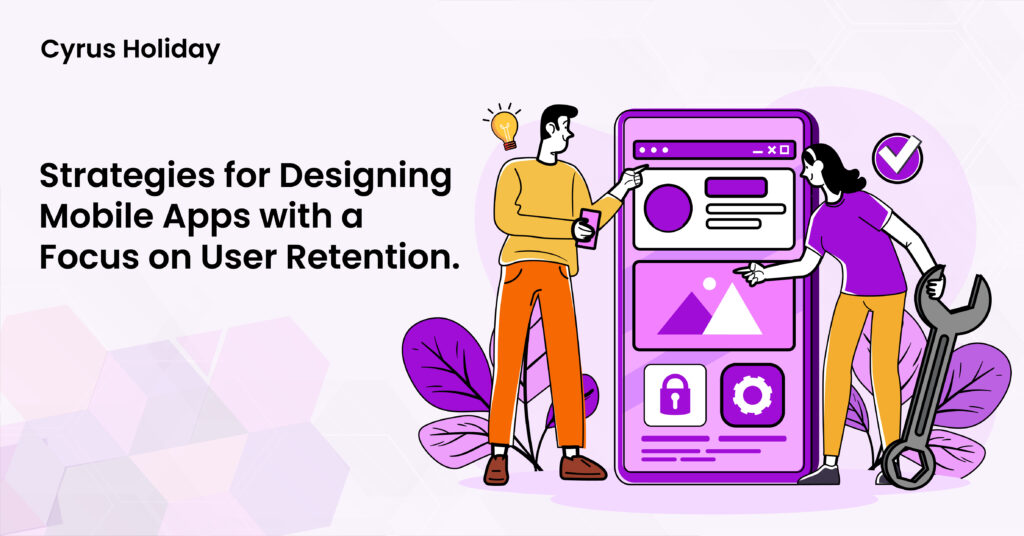Some apps incorporate fantasy stock trading, allowing users to trade virtual shares of real sports players. These apps can earn revenue through transaction fees or premium features.
Table of Contents
Fantasy sports have come a long way since the days of paper drafts and manual scorekeeping. In the digital age, fantasy app development has transformed the way we engage with sports, making it more interactive, accessible, and exciting.
As the industry continues to evolve, it’s essential to stay on top of the latest trends that are shaping the future of fantasy apps.
In this article, we explore the emerging trends that are set to revolutionize the world of fantasy sports, creating an even more immersive and engaging experience for users.
The world of Fantasy App Development is witnessing a dynamic evolution with emerging trends that promise to redefine the future of interactive sports and entertainment.
This statement encapsulates the essence of the ongoing transformation in the fantasy app development industry, enticing readers to explore the exciting developments in the field.
The fantasy sports app development market is also growing rapidly. In 2022, the global fantasy sports app development market was valued at $8.86 billion. The market is expected to grow at a CAGR of 13.9% from 2022 to 2027, reaching $18.6 billion by 2027.
- Trends In Fantasy App Development
1.1 Immersive Augmented Reality (AR) Experiences:
Imagine watching your favorite sport not on a screen but in your living room. Augmented reality is set to take fantasy sports to the next level, allowing users to interact with virtual elements in the real world.
With AR glasses or even mobile devices, you’ll be able to view live sports events as if you’re right there on the field or court.
1.2 AI-Powered Draft Strategies:
Artificial intelligence isn’t just for science fiction. AI algorithms will soon assist fantasy team managers in making smarter draft choices.
By analyzing player statistics, injury reports, and real-time performance data, AI-driven recommendations will provide valuable insights, helping you assemble the ultimate fantasy team.
1.3 Blockchain for Transparency and Fair Play:
Transparency and fairness are at the core of a thriving fantasy sports community. Blockchain technology will be leveraged to ensure that every transaction, from drafting players to awarding prizes, is recorded and verifiable.
Smart contracts will handle payouts, fostering trust and fair competition.
1.4 NFT Integration for Collectibles:
Non-fungible tokens (NFTs) have taken the art world by storm, and now they’re making their way into fantasy apps.
Users will have the opportunity to collect, trade, and showcase unique digital assets representing their favorite players, iconic moments, and pieces of sports history.
1.5 Social Media Integration for Community Building:
Fantasy sports are more than just a game; they’re a community. Fantasy apps will integrate with social media platforms to create a vibrant community where users can share their teams, achievements, and engage with fellow enthusiasts. The sense of camaraderie will be stronger than ever.
1.6 Sustainability and Green Fantasy Leagues:
In an era of environmental awareness, fantasy app developers are launching eco-friendly leagues.
A portion of the proceeds will go toward environmental causes, allowing users to support their favorite teams while contributing to a greener world.
1.7 Esports Fantasy Leagues:
Esports has taken the gaming world by storm, and it’s now finding its place in fantasy sports. Esports fantasy leagues will allow users to draft their favorite esports players and teams, adding an exciting new dimension to fantasy gaming.
1.8 Voice-Activated Commands:
Convenience is key, and voice-activated commands are set to make your fantasy sports experience even more accessible. You’ll be able to check scores, make lineup changes, and get updates—all without lifting a finger.
1.9 Advanced Scoring Metrics:
Fantasy apps will introduce more detailed scoring metrics. Think player biometrics and real-time performance data. You’ll have a deeper understanding of a player’s contributions to your fantasy team, making the game even more engaging.
1.10 Gamification of Fantasy Sports:
Fantasy sports are about to become even more game-like. Apps will incorporate gamification elements, allowing users to earn badges, participate in challenges, and enjoy a more dynamic approach to fantasy sports.
The world of fantasy app development is a dynamic and ever-evolving one. With these emerging trends, fantasy sports enthusiasts can look forward to a richer and more immersive experience than ever before. The future is bright, and the possibilities are endless in the world of fantasy sports.
- Types of fantasy app and their popularity
Fantasy app development has evolved to encompass a wide range of sports and activities, each with its own level of popularity and unique appeal. Here are some types of fantasy app development and a brief overview of their popularity:
2.1 Fantasy Football:
Fantasy football is the most popular and widely recognized fantasy sport. It typically involves the NFL (National Football League) in the United States. Millions of users participate in fantasy football leagues, making it a powerhouse in the fantasy sports landscape.
2.2 Fantasy Basketball:
Fantasy basketball focuses on the NBA (National Basketball Association) and is highly popular, especially during the NBA season. The fast-paced nature of basketball and the star power of players contribute to its appeal.
2.3 Fantasy Baseball:
Fantasy baseball revolves around Major League Baseball (MLB). It has a dedicated following and attracts enthusiasts who appreciate the strategic aspect of the sport.
2.4 Fantasy Soccer:
Soccer, or football in many parts of the world, enjoys immense popularity. Fantasy soccer apps cater to a global audience, with leagues for different domestic and international competitions.
The global reach of soccer makes this genre widely popular.
2.5 Fantasy Hockey:
Soccer, or football in many parts of the world, enjoys immense popularity. Fantasy soccer apps cater to a global audience, with leagues for different domestic and international competitions.
The global reach of soccer makes this genre widely popular.
2.6 Fantasy Esports:
Esports, or competitive video gaming, is a rapidly growing field. Fantasy esports apps allow users to draft professional esports players and teams. Esports has gained popularity, especially among the younger generation.
2.7 Fantasy Golf:
Fantasy golf is popular among golf enthusiasts, offering users the opportunity to select professional golfers for various tournaments. While it may not have the same mass appeal as major team sports, it has a devoted following.
2.8 Fantasy Auto Racing:
Fantasy auto racing involves selecting a roster of drivers for motorsport events like NASCAR or Formula 1. It appeals to racing enthusiasts who want to engage more deeply with the sport.
2.9 Fantasy Mixed Sports:
Some fantasy apps offer mixed sports leagues, allowing users to create teams from various sports. These leagues cater to users who have diverse sports interests.
2.10 Fantasy Stock Market:
Fantasy stock market apps provide a unique twist, where users invest in virtual stocks of real companies. It appeals to those interested in both finance and sports.
2.11 Fantasy Reality TV:
For reality TV enthusiasts, there are fantasy apps related to popular reality shows. Users can predict outcomes and form teams based on contestants’ performances.
2.12 Fantasy Political Events:
Fantasy apps in this category allow users to predict and participate in political events, such as elections or debates. It attracts users with an interest in politics and current events.
The popularity of these fantasy app types can vary based on regional sports preferences, seasonal factors, and the global appeal of the sport or activity. The beauty of fantasy app development lies in its versatility, catering to a diverse audience with a wide range of interests.
- Businesses making millions with fantasy app
Businesses are generating revenue with fantasy apps through various monetization strategies and models. Fantasy apps have gained immense popularity, and their profitability is driven by several key factors. Here’s how businesses are making money with fantasy apps:
3.1 Entry Fees and Contest Buy-Ins:
One of the primary revenue streams for fantasy apps is charging users entry fees to participate in fantasy sports contests. These fees can vary based on the size and prize pool of the contest. Users pay to join and compete for cash prizes.
3.2 Advertising and Sponsorships:
Fantasy apps often include in-app advertisements and sponsored content. Businesses pay to advertise their products or services within the app, leveraging the app’s user base and engagement. Sports teams, leagues, and brands may also sponsor contests or entire leagues within the app.
3.3 Premium Subscriptions:
Some fantasy apps offer premium subscription plans that provide users with additional features, insights, or data. These subscriptions typically come with a monthly or yearly fee, offering an enhanced experience to subscribers.
Looking for freelance mobile app designer?
3.4 In-App Purchases:
In-app purchases can include buying virtual currency or tokens that users can use to enter contests, purchase power-ups, or access premium content. These microtransactions can be a significant source of revenue for some apps.
3.5 Commission on Prize Pools:
Fantasy app operators often take a percentage of the prize pool as a commission. This commission can vary depending on the size and type of contest. It’s a way for the app to profit directly from the contests.
3.6 Merchandise Sales:
Some fantasy sports apps offer users the opportunity to purchase sports merchandise or related products. These sales can be a supplementary source of income for the app.
3.7 Data Licensing:
Fantasy apps collect a vast amount of sports-related data, statistics, and user insights. They may license this data to other businesses, sports analysts, or researchers, generating income through data agreements.
3.8 Affiliate Marketing:
Fantasy apps can participate in affiliate marketing programs. They promote products or services related to sports, such as sports gear or streaming services, and earn a commission for each sale generated through their referral links.
3.9 Sponsored Content Creation:
Some fantasy apps engage in content creation, such as articles, videos, or podcasts, related to sports and fantasy sports. They can earn revenue through sponsored content partnerships and advertising within this content.
3.10 Fantasy Stock Trading:
Some apps incorporate fantasy stock trading, allowing users to trade virtual shares of real sports players. These apps can earn revenue through transaction fees or premium features.
3.11 Partnerships with Sports Leagues:
Fantasy apps can form partnerships with professional sports leagues and teams. These partnerships can involve licensing agreements, co-branded contests, and promotional tie-ins.
As e-sports gain popularity, fantasy apps are offering fantasy leagues based on e-sports competitions, generating income from entry fees and sponsorships within the e-sports industry.
The profitability of a fantasy app often depends on factors such as user engagement, the scale of the user base, the appeal of the sports or activities covered, and effective marketing and user acquisition strategies. Businesses in this space
continuously innovate to develop new monetization models and strategies to maximize their revenue potential.
Fantasy apps offer a great deal for businesses in various ways. These apps have gained significant popularity and can serve as valuable platforms for engaging users and generating revenue. Here are some compelling reasons why fantasy apps are a great deal for businesses:
- High User Engagement
- Large User Base
- Targeted Advertising Opportunities
- Sponsorship and Partnerships
- Monetization Strategies
- Data and Insights
- Community Building
- Cross-Promotion
- Global Reach
- Esports Integration
- Fantasy app development cost as per countries
The cost of developing a fantasy app can vary depending on a number of factors, including the type of app, the complexity of the features, the target platform, and the location of the development team.
Here is a table that shows the estimated cost of developing different types of fantasy apps in different countries:
Type of Fantasy App | Cost in United States | Cost in United Kingdom | Cost in Canada | Cost in Australia | Cost in Germany | Cost in France |
MMORPG | $100,000 – $1 million | £70,000 – £700,000 | $80,000 – $800,000 | $100,000 – $1 million | €80,000 – €800,000 | €70,000 – €700,000 |
RTS | $50,000 – $500,000 | £35,000 – £350,000 | $40,000 – $400,000 | $50,000 – $500,000 | €40,000 – €400,000 | €35,000 – €350,000 |
TBS | $30,000 – $300,000 | £21,000 – £210,000 | $25,000 – $250,000 | $30,000 – $300,000 | €25,000 – €250,000 | €21,000 – €210,000 |
RPG | $20,000 – $200,000 | £14,000 – £140,000 | $16,000 – $160,000 | $20,000 – $200,000 | €16,000 – €160,000 | €14,000 – €140,000 |
Card | $10,000 – $100,000 | £7,000 – £70,000 | $8,000 – $80,000 | $10,000 – $100,000 | €8,000 – €80,000 | €7,000 – £70,000 |
Here is a general overview of the cost to develop different types of fantasy apps:
- MMORPGs: $100,000 – $1 million
- RTS games: $50,000 – $500,000
- TBS games: $30,000 – $300,000
- RPGs: $20,000 – $200,000
- Card games: $10,000 – $100,000
- Puzzle games: $5,000 – $50,000
It is important to note that these are just estimates, and the actual cost to develop a fantasy app can vary depending on the specific factors mentioned above.
It is important to get quotes from multiple development teams before making a decision.
The fantasy app development market is also growing rapidly in terms of the number of apps and users. According to a recent report, there are over 10,000 fantasy apps available on the Google Play Store and Apple App Store. These apps have a combined user base of over 100 million users.
Grow your business with me.
Conclusion
In summary, fantasy apps offer a powerful platform for businesses to connect with a passionate and engaged audience of sports enthusiasts. Whether it’s through advertising, partnerships, data insights, or targeted marketing, these apps can be a great deal for businesses seeking to reach a sports-loving audience and drive revenue.
Quality Service For You
We deliver unique and blended experiences to our customers across the globe. From idea to execution and launch, we do ALL.
Related Post
Epic Fantasy App Development Services: Creating Your Digital Worlds


